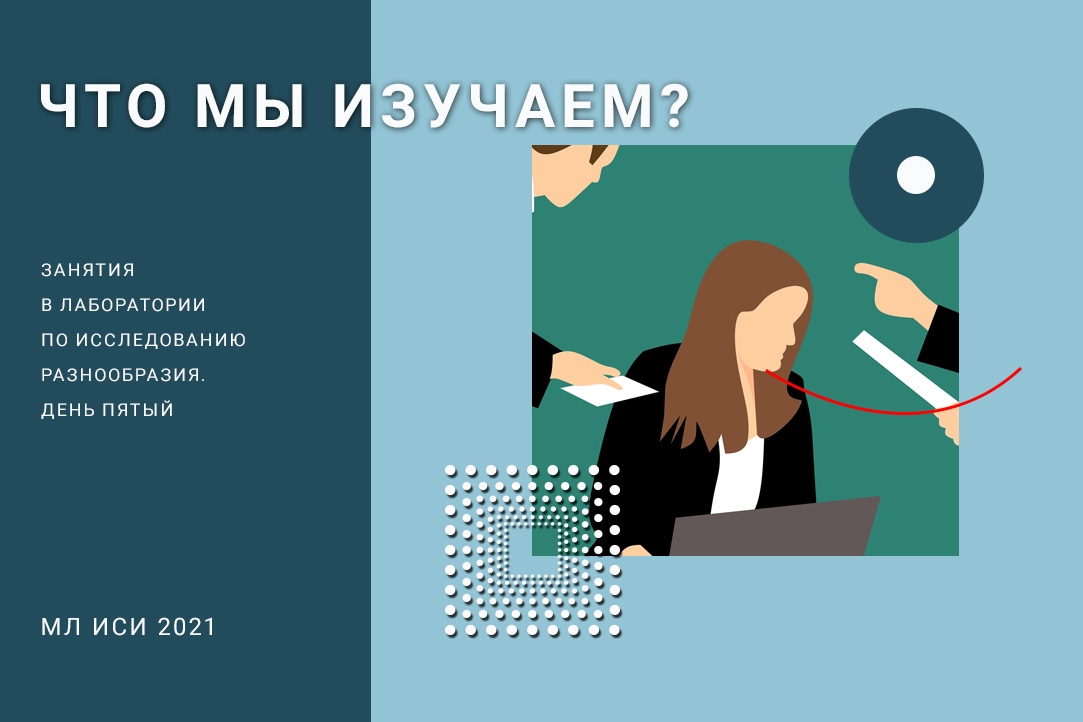New Ethics: What is Being Argued Today?
On February 10th, the Diversity Research Laboratory hosted a session on theme 'Introduction to Gender Studies'. Elena Omelchenko, the Director of the HSE Youth Studies Center, narrated about the concept of 'new ethics'.

The debate on new ethics has been updated with the movement against sexual violence and harassment #MeToo. It is not so much about the 'renewal' of the ideas of moral and morality, but about the 'novelty' of the situation itself. A popular conversation emerges, in the center of which lies rethinking the right to violence and abuse of power. New ethics can be defined as a change in social norms in a space of uncertainty and lack of reference points. Global trends became the prerequisites for its formation. They are associated with gender and feminist agendas, new sensitivities, the development of an intersectional approach, etc.
At the same time, there has been a conservative turn against the expansion of women's sexual and reproductive rights. It is discursive pressure towards a return to the "natural order" and traditional values. Conservative ideas benefit the state, and those in power refuse to accept norms that undermine their right to dominate. Therefore, the new ethics is causing fierce controversy, both abroad and in Russia.
Unlike the United States where the concept of 'harassment' is spelled out in legislation, in Russia the 'new ethics' is not formally specified, but instead is formed by the latest news stories — such as scandals and rumors. Moreover, English words, such as stalking or gaslighting, are typically used to describe such things. The lack of native terms makes it more difficult to understand such phenomena.
Daria Litvina has written about how the European University at St. Petersburg has developed mechanisms for resolving conflicts resulting from abuse of power. The need for such mechanisms arose in response to a precedent that could not be resolved on the basis of the existing provisions set out by the conflict commission. In the process of setting out new policies, the working group sought to avoid obscure legal terms, and to determine the extent to which the university is allowed to intervene.
The discussion regarding methods of control and abuse of power in various contexts was continued at the seminar. It was determined that clear and transparent regulations are needed. However, simply endorsing the paper text of the regulations is not deemed enough. Implementing them in practice is of paramount importance. It is also necessary to take into account the unique circumstances of individual cases. In addition to putting forth regulatory documents, the EUSP endorsed the Ombudsman’s approach, who participates in the mediation of each conflict. This approach was fruitful since it’s incredibly difficult to predict and enshrine in documents the wide variety of scenarios that may arise as a result of abuse of power.
Ekaterina Matveeva


